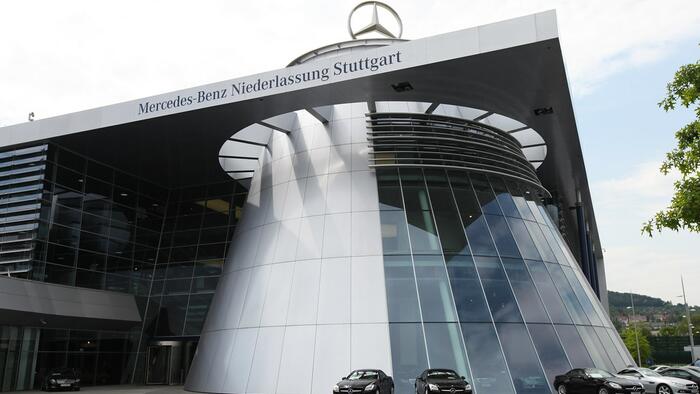
Quick Summary
- Problem: Germany’s key industries (cars, machines, construction) are struggling.
- Causes: A tough U.S. trade deal, high energy costs from climate policies (“Green Deal”), and political inaction.
- Result: Factories closing, jobs disappearing, and small businesses collapsing.
1. What’s Going Wrong?
- Falling Economy: Germany’s economy shrank in 2023 and 2024. Without government spending propping it up, things would look 4–5% worse.
- Key Industries in Trouble: Cars, machinery, and construction—the backbone of Germany’s wealth—are shrinking.
- Productivity Slump: Since 2018, Germany’s workers and businesses have become less efficient.
Why It Hurts Everyone:
More people are relying on welfare, but the economy isn’t growing fast enough to support them. Think of it like a family budget: more mouths to feed, but the income isn’t rising.
2. The U.S. Trade Deal: A “Bitter Pill”
- New Tariffs: Starting August 2025, a 15% tax applies to German exports to the U.S., hitting car and machine makers hardest.
- Businesses React:
- 74% of companies doing U.S. business say tariffs hurt them.
- 72% fear more taxes ahead.
- Over half plan to cut back U.S. operations.
Simple Analogy: Imagine selling lemonade, but your biggest customer suddenly charges you extra to sell in their yard. You either raise prices (and lose sales) or eat the cost (and lose profits).
3. The Green Deal’s Hidden Costs
- Energy Bills Soar: German factories pay 2–3x more for energy than U.S. rivals and double what French companies pay.
- Small Businesses Crushed: Strict climate rules mean costly upgrades. Big companies can afford them or move factories abroad—smaller ones can’t.
- Bankruptcies Rise: Over 11,900 businesses closed in early 2025 (+9.4% from 2024).
Example: A local bakery (Mittelstand) can’t afford a solar-powered oven, while a big chain easily switches to green tech.
4. CEOs vs. Reality
Most corporate leaders avoid blaming the Green Deal, even as their profits drop:
- Mercedes-Benz CEO: Blames “weak demand and high costs” but skips mention of climate policies.
- Volkswagen CEO: Asks for tax breaks on electric cars—essentially, more government help.
The Big Picture: Big companies are leaning into green policies (even if they’re costly), while smaller ones get left behind.
5. What’s Next?
- No Policy Changes: Politicians cling to the Green Deal, fearing backlash from climate advocates.
- Social Impact: Job losses and welfare strain could lead to unrest. Analysts warn of a “hot autumn” of protests.
Quiet Crisis: Leaders aren’t admitting the root problems. Imagine a doctor refusing to diagnose a broken leg—it only gets worse.
Key Stats
📉 GDP Drop: Down 0.9% (2023), 0.5% (2024), and likely worse in 2025.
🔧 Industrial Gloom: 1 in 3 factories expect fewer orders.
💸 Investment Freeze: Only 19% of companies plan to grow their businesses.